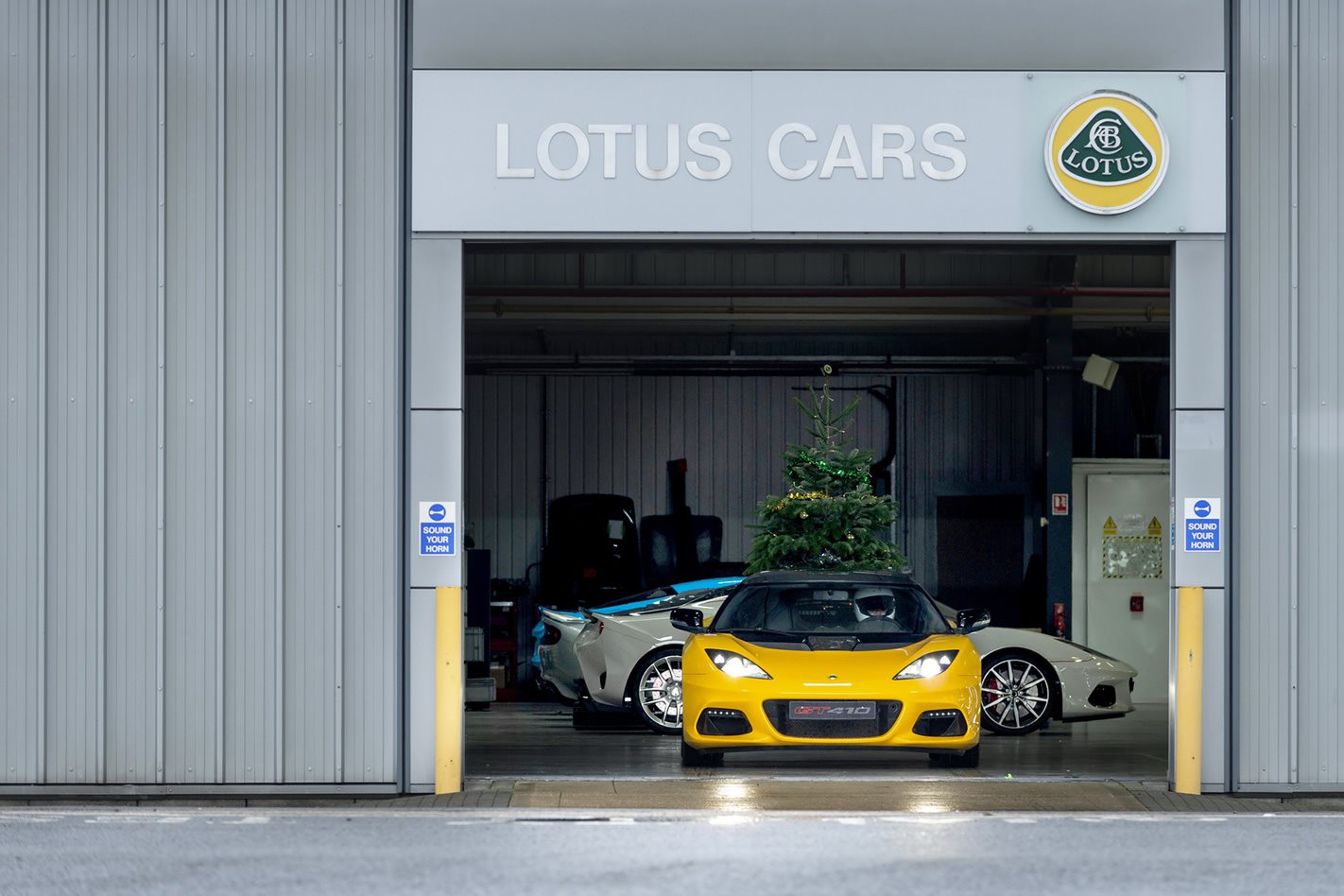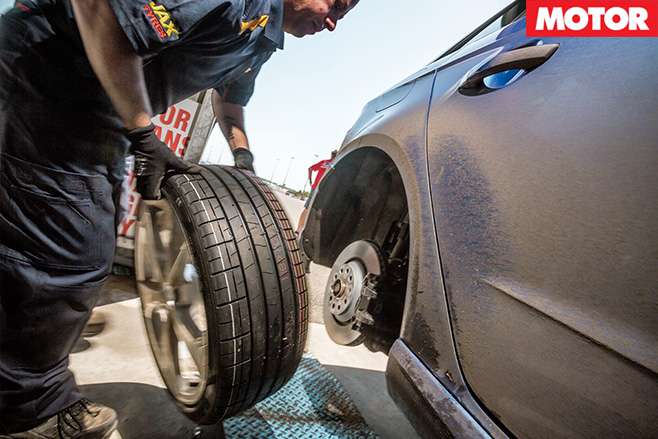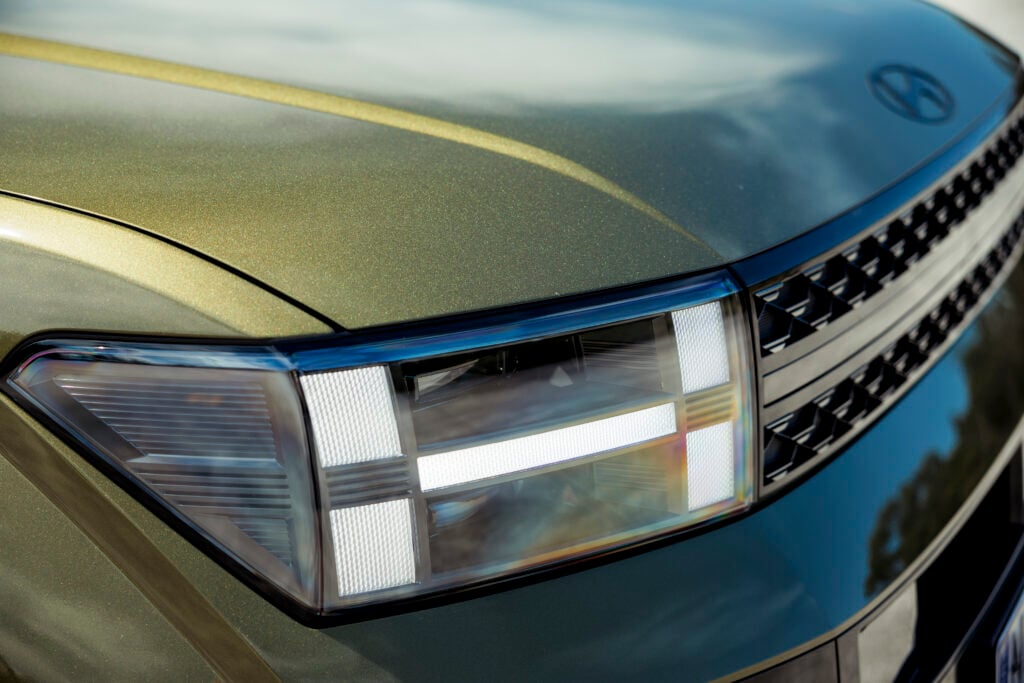LOTUS has long been viewed as a financial basket case, a bleak money pit amongst the beet fields of Norfolk that has seen investment after investment disappear without trace. Remember former CEO Dany Bahar’s five-car unveil at Paris in 2010 that disappeared in a miasma of its own hubris?
News that Geely is planning a giant Lotus production line in China would undoubtedly provide easier corporate oversight for the company’s paymasters, but is moving the majority of production to China the right way to elevate this brand to a credible rival for Ferrari, Porsche or Aston Martin?

Before we look into that question, a few inconvenient truths. In 2016, Lotus recorded pre-tax profits for the first time this century.
Its dealer footprint has also increased 50 percent since 2014 and that has resulted in a sixfold increase in US sales over the same period.
Global sales rose by around ten percent last year and some 300 new staff are being hired at Hethel, mostly in vehicle development. Those aren’t the vital signs of a moribund business.
Former Lotus CEO Jean-Marc Gales has gone on record to confirm that work has started on the SUV project, slated to arrive in 2022.
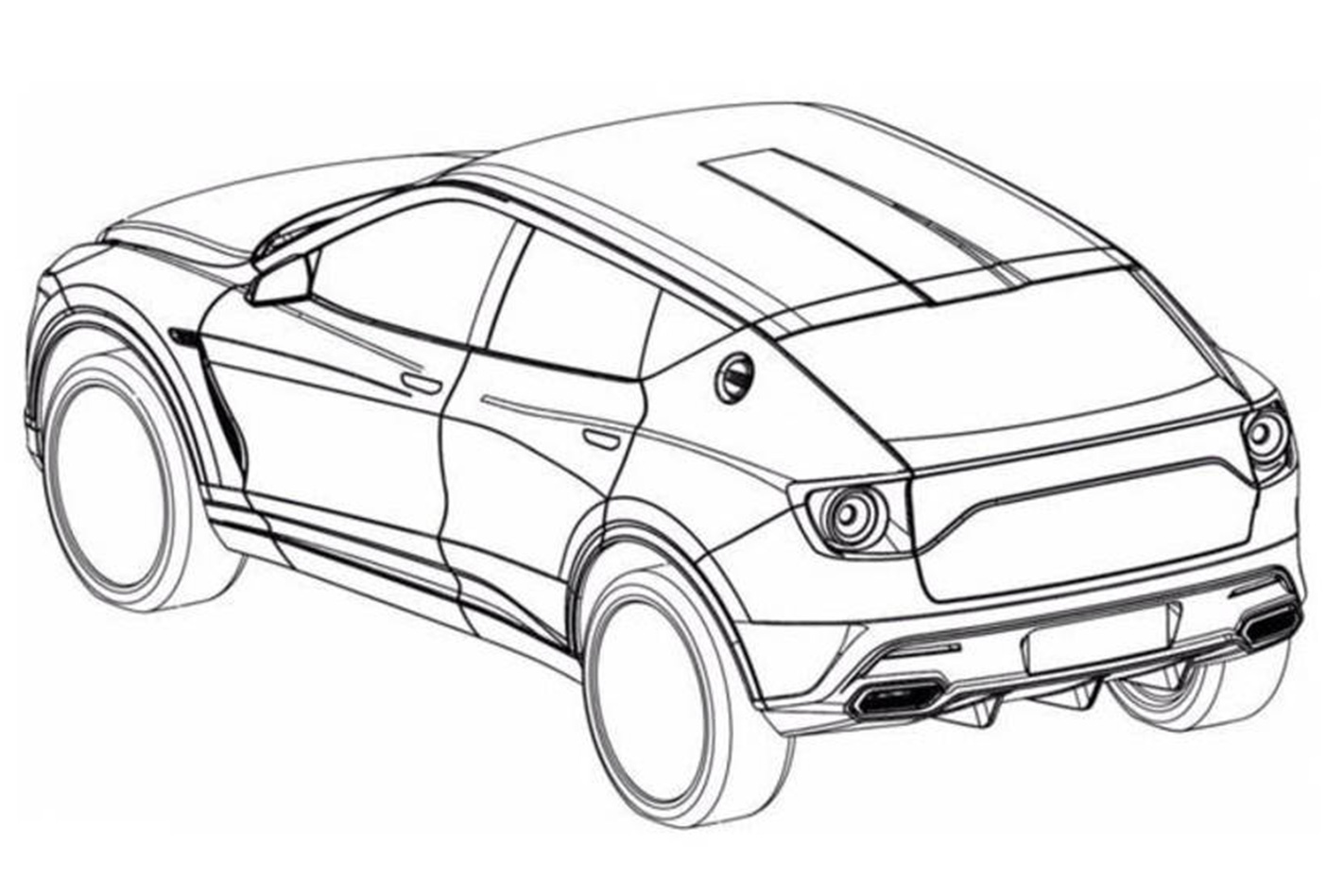
Gales, who stepped down in June, oversaw the initial planning phase of the brand extension. “The SUV has to be the right car. We get one shot,” he said.
“We can’t use the same design language as the sports car, but you should be able to recognise that it is a Lotus.”
The SUV project will rely on existing Zhejiang Geely platforms and Gales has identified the Porsche Macan and Cayenne bodies as target segments, with sales of around 3000 per year the target.
Despite revenue lifting by 24 percent last year (to $180m), Gales reckoned Lotus could double that figure by the time the SUV comes to market and wanted revenue ten times that with the SUVs on stream.
Sports car production is likely to remain in the UK, spearheaded by next year’s Evora replacement. As Geely chairman Li Shufu said, “This is just like what we have done with London Taxi Company, engineer in Britain, design in Britain, built in Britain. We see no reason to move fifty years of combined experience to China – let them do what they do best – in Britain.”
SUVs, it seems, are a different matter.
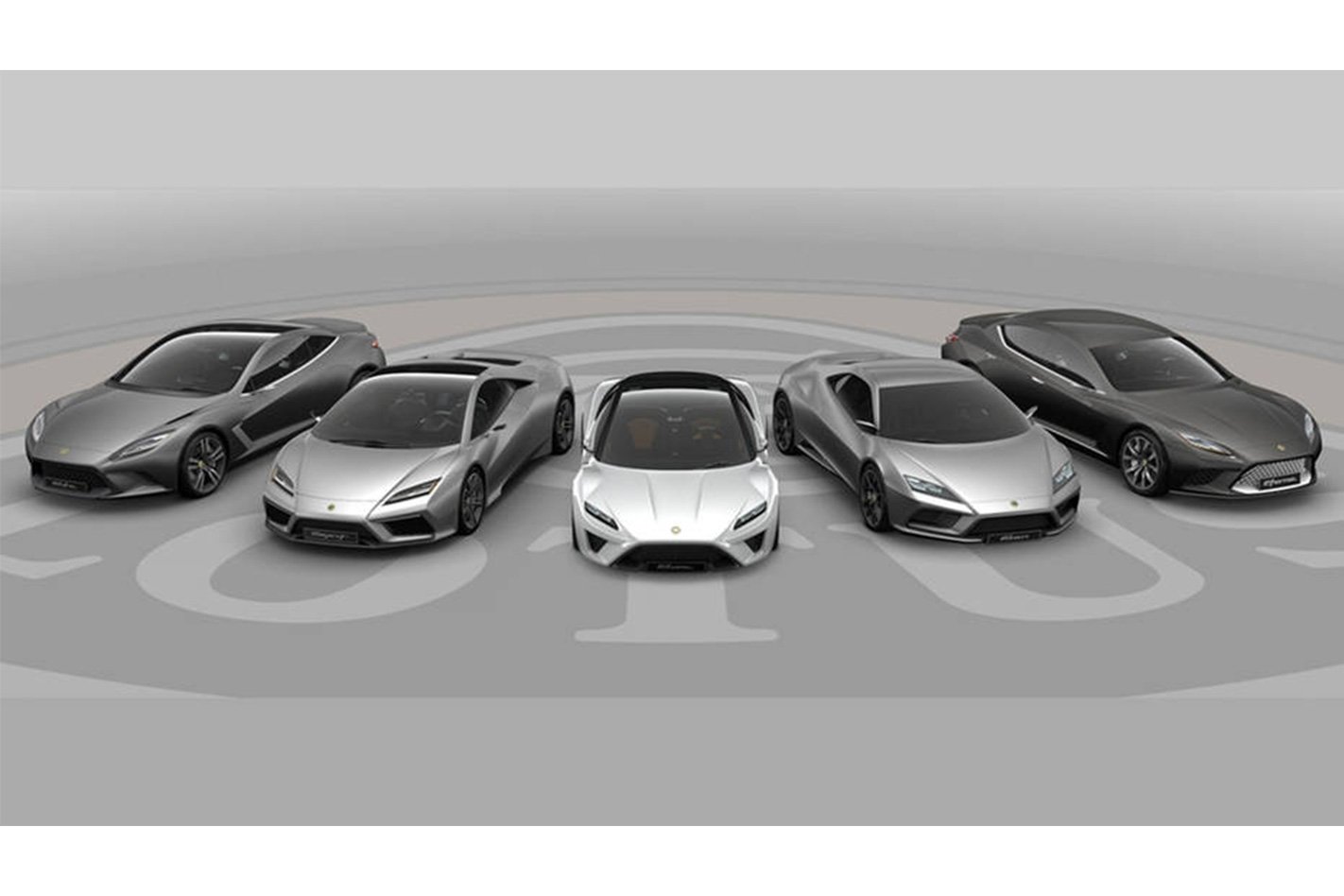
Geely has demonstrated a light touch with the brand management of Volvo, allowing Gothenburg a degree of autonomy while cranking out huge volumes in China for local markets.
Replicating that business model with Lotus will require canny planning, replicating what Porsche did with the Cayenne.
Fully 76.5 percent of all Porsches sold now have five seats and a tailgate. Back when Lotus introduced the last new chassis for the Elise, that figure stood at zero percent for Porsche.
Zuffenhausen has radically adjusted its product portfolio while Hethel has remained a bemused bystander. That’s changing.
It’s hard not to feel a slight pang of distaste at the idea of a Lotus SUV, a feeling that the company has sold out, despite assurances that it’ll live the Lotus brand values in terms of agility, design and commitment to light weight.
But if it can serve as the cash cow that allows Lotus to kick on in its sports car development, we welcome the SUV with open arms. You don’t have to like it. Just acknowledge its place in the overall scheme of things. This being Lotus, however, if a story sounds too good to be true, it usually is.
Maserati’s Levante has demonstrated that merely building an SUV with a premium badge on the bonnet is anything but a magic bullet to turn around the fortunes of an ailing balance sheet.

That car shifted around 22,500 units globally in 2017 – around half of total Maserati sales – and was the cornerstone of Maserati’s 2014 plan to sell 75,000 cars globally by 2018.
That patently didn’t eventuate. Nevertheless, it was the only ray of hope in Maserati’s portfolio in 2018 – Granturismo sales slipping by 56 percent, Quattroporte falling 27 percent and Ghibli sliding 25 percent year on year. Levante was up 95 percent.
Within 18 months of the Levante’s introduction, Maserati has effectively become a mediocre SUV company. Sergio Marchionne’s passing will only serve to bring its performance under renewed scrutiny.
Lotus deserves a brighter outcome. We’ll reserve judgment until we’ve driven the Lotus SUV and seen the sales numbers. Until then, we’re hoping for the best.


